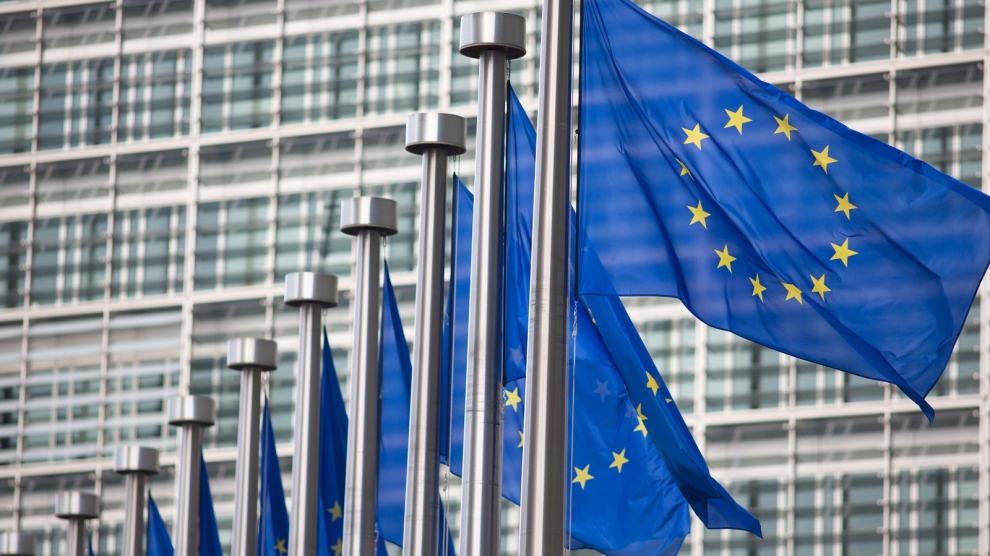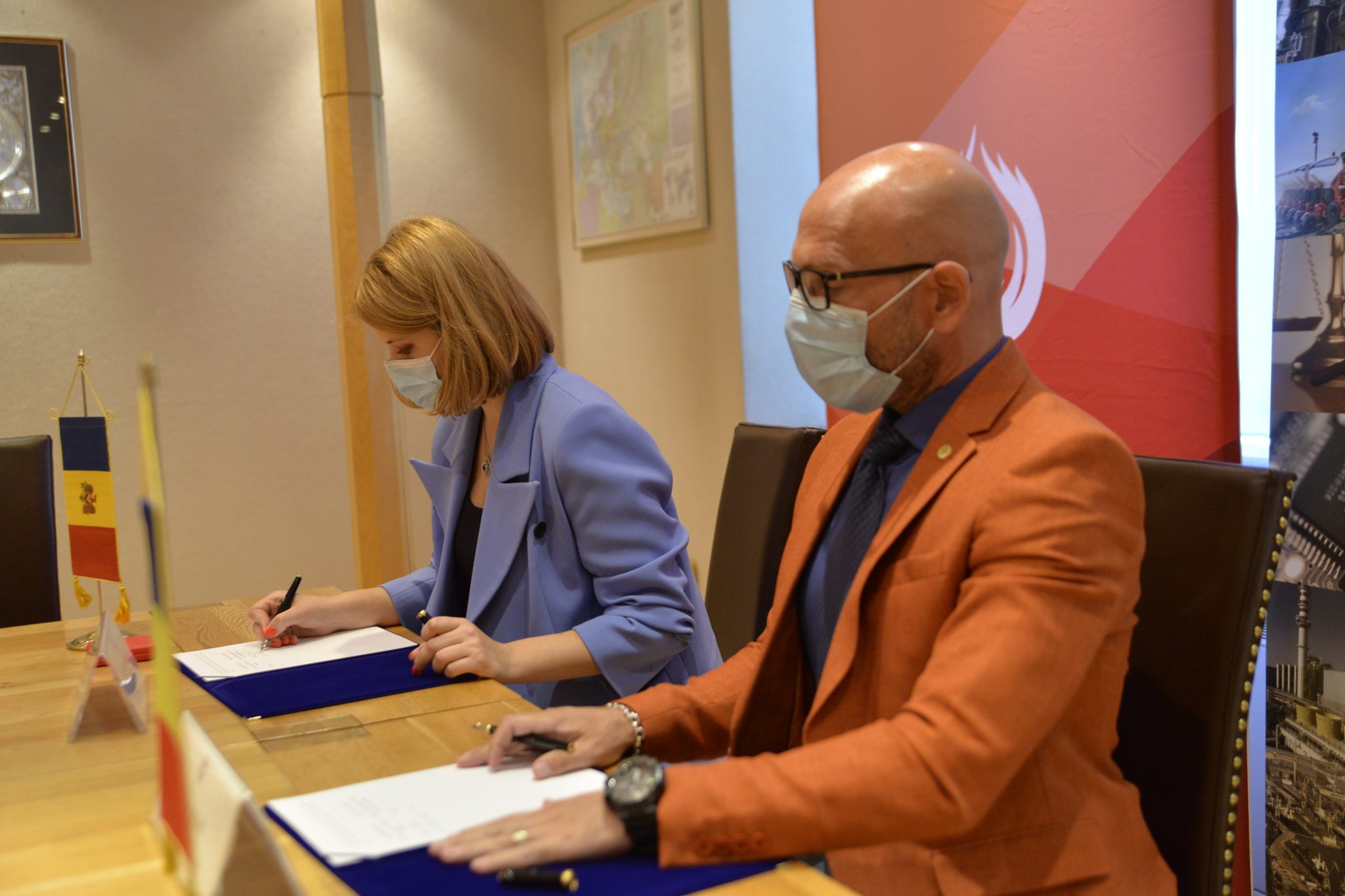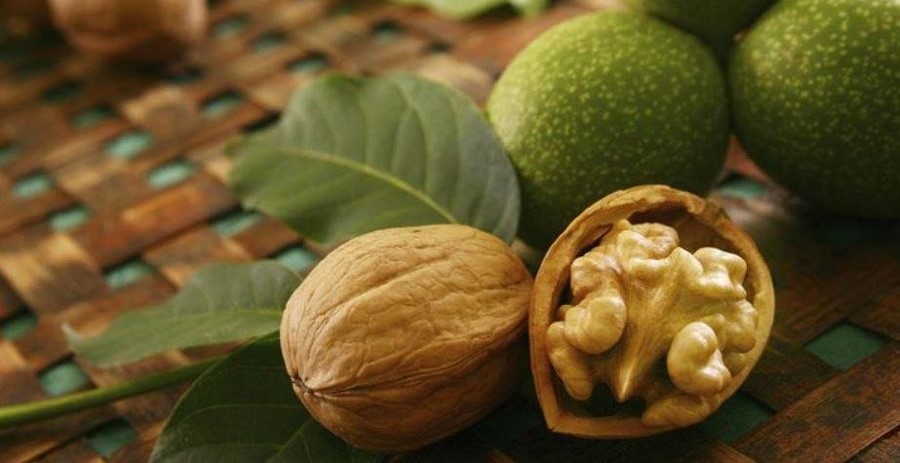Economy
Russian oil export duty to facilitate takeovers of Belarus refineries
Reading Time: 3 minutesThe Russian government is apparently moving to operationalize the nominal “union state” with Belarus through a process of economic absorption. Accession to the Russia-Belarus-Kazakhstan Customs Union is not protecting Belarus against this process.
By Vladimir Socor
Oil “export” duties: a peculiarity of the Russian-led Customs Union
The Russian government is apparently moving to operationalize the nominal “union state” with Belarus through a process of economic absorption. Accession to the Russia-Belarus-Kazakhstan Customs Union is not protecting Belarus against this process.
Russia’s introduction of export duties on refined oil products and “petrochemical raw material” supplies to Belarus is the latest move toward that end. It follows Moscow’s imposition of export duties on crude oil deliveries to Belarus on January 1, 2010. Under threat of an imminent stoppage of Russian oil supplies to Belarus refineries, Moscow compelled Minsk to accept that measure in a January 27, 2010 inter-governmental protocol. Those duties apply to 15 million tons of Russian crude oil delivered annually to Belarus, out of the total annual volume of 21 million tons. Belarus is processing the 15 million tons for export of the refined products, and the remainder of 6 million tons for internal consumption of the products.
Those duties have substantially raised the purchase price of Russian oil in Belarus, correspondingly raising the price of refined products exported by Belarus to European countries. This spiral could quickly render the Belarusian refineries uncompetitive. To offset this price spiral, Minsk has been forced to abolish its own duties on the export of oil products from Belarus to European countries. Minsk’s response applies symmetrically to products refined from the 15 million ton portion of Russian crude oil subjected to the Russian export duty (Interfax, March 30).
These measures threaten the viability of Belarusian refineries, the country’s most lucrative economic sector. Minsk’s renunciation of its own export duty on refined products is an almost desperate move to avoid a sharp increase in the export price of its refineries’ production. The response enables those refineries to stay competitive in the short term, but jeopardizes Minsk’s capacity to invest in the refineries’ technological upkeep and modernization in the medium term.
The Russian government has recently encouraged Russian oil producing companies to acquire ownership stakes in the processing plants in Belarus. Raising the price of crude oil supplies to those plants through the export duty is a hostile-takeover tactic. It threatens to price those refineries’ production out of European export markets.
Those duties on crude oil, refined products, and “petrochemical raw materials” directly contravene the free-trade agreements within the Russia-Belarus-Kazakhstan Customs Union. Theoretically at least, the customs union eliminates such duties on all goods within that territory, no longer allowing the exception for crude oil. Belarus has announced its intention to sue Russia in the CIS Economic Court over the crude oil duties, as soon as the Russia-Belarus-Kazakhstan Customs Union takes legal effect on July 1.
Moscow, however, is suddenly claiming that July 1 will not mark a legal watershed after all. According to First Deputy Prime Minister, Igor Shuvalov, the Russia-Belarus-Kazakhstan Customs Union will not become fully operational by that date, but would still require “a whole package of inter-state agreements on the creation of a single economic space….which will take quite a lot of time.” Shuvalov optimistically expects that goal to be accomplished by January 2012 (RIA Novosti, April 1). Pending this, he is warning Minsk and other would-be Customs Union entrants that Russia will continue applying export duties, at least on crude oil and oil products. Shuvalov has delivered this message three times in the space of five days: from Moscow, in Kyiv to Prime Minister Nikolai Azarov, and in Minsk to Lukashenka (Interfax, March 28, April 1, 2).
Lukashenka hopes to enlist support from Kazakhstan in eliminating internal “export” duties within the supposed Customs Union’s territory. He raised that issue with Kazakhstan’s Minister of Foreign Affairs, Kanat Saudabayev, who was visiting Belarus in his concurrent capacity as OSCE chairman-in-office. Lukashenka is warning that internal export duties would invalidate the basic concept of this or any customs union, consigning it to the fate of the CIS or the Eurasian Economic Community (EurAsEc). Minsk would like to hear Astana’s “sincere position” on this issue (Belapan, March 30).
Briefing the media in Minsk, Russian Ambassador Aleksandr Surikov explicitly confirmed Moscow’s goal to turn the state-owned oil and gas enterprises of Belarus into joint Russia-Belarus enterprises (Interfax, Belapan, March 31).
On March 30, Russia’s Gazprom completed the acquisition of 50 percent of the Belarusian gas pipeline operator, BelTransGas; and installed Gazprom’s Vice-Chairman, Valery Golubev, as board chairman of BelTransGas (replacing a deputy prime minister of Belarus). With this move accomplished, Moscow now proposes to turn Belarus’ Hradna plant of nitrate-based fertilizer-(an intensive consumer of natural gas) into a joint Russian-Belarusian enterprise (Interfax, March 31; Belapan, April 1).
Chairing a government session on March 30, Belarusian President, Alyaksandr Lukashenka, directly criticized his Russian counterpart Vladimir Putin over the crude oil and oil products duties, as well as for last year’s restrictions on dairy products and sugar exports from Belarus to the Russian market. Lukashenka has urged his government to respond by promoting “diversification of Belarus’ economic, political, and diplomatic partnerships” (Interfax, March 30).
Economy
Moldova will receive a disbursement of 36 million euros as part of the the Economic Recovery Plan

This week, the European Commission approved the disbursement of 36 million euros in grant money for the Republic of Moldova. The announcement was made by Deputy Director-General for Neighbourhood Policy and Enlargement Negotiations at the European Commission, Katarina Mathernova, who paid an official visit to the Republic of Moldova between September 13-15, together with Managing Director for Russia, Eastern Partnership, Central Asia, Regional cooperation and OSCE, at the European External Action Service, Michael Siebert.
The EU officials had meetings with President Maia Sandu, Minister of Foreign Affairs and European Integration, Nicu Popescu, Speaker of Parliament, Igor Grosu, Prime Minister of the country, Natalia Gavrilita, as well as key representatives of Government, international financial institutions and the civil society, according to a press release issued by the Delegation of the European Union to the Republic of Moldova.
Beside such topics as the EU-Moldova relations and prospects, the priorities of the reform agenda of the new Moldovan Government, preparations for the Eastern Partnership Summit at the end of the year and the Transnistrian conflict settlement, the officials also discussed the EU assistance in support of reforms and the Economic Recovery Plan for Moldova, which was announced in June with a total EU support of 600 million euros over the next 3 years.
“The first measures under the Economic Recovery Plan will shortly materialize, with the expected disbursement of 36 million euros in grant money under budget support programmes to support the authorities’ efforts to fight against the consequences of the pandemic. Moldova can count on EU’s assistance on its path to reforms and to recovery, bringing tangible results to citizens,” Katarina Mathernova stated.
The plan is based on assistance provided by the European Union through various bilateral and regional instruments, aiming to mobilize the funds in the form of grants, loans, guarantees and macro-financial assistance.
“The Economic Recovery Plan for the Republic of Moldova involves much more, not just this financial support provided immediately. It must help digital transformation, strengthen infrastructure, energy efficiency, education and support small and medium-sized enterprises,” the EU official also said.
As Prime Minister Natalia Gavrilita informed, “The Economic Recovery Plan and the 5 flagship initiatives for Moldova in the Eastern Partnership will directly contribute to the reform and consolidation of institutions, stimulate long-term socio-economic development, bring direct benefits to citizens, and unleash new economic opportunities through promoting the green agenda and digitization. Small and medium-sized enterprises (SMEs) have been hit hard by the crisis. Promoting and diversifying access to finance and reducing collateral requirements will be essential in supporting economic operators. We are grateful to the EU partners who will launch two programs to support 50 000 independent Moldovan SMEs to adapt to the new conditions.”
President of the Republic of Moldova, Maia Sandu, welcomed the decision of the European Union to disburse about 745 million lei in grant money, as the official page of the President’s Office announced. “EU support comes after a long period of freezing of European assistance, caused by former governments. We managed to relaunch the political dialogue with the European Union and resume financial assistance. The Republic of Moldova is gradually regaining the trust of its strategic partners. This European support is also a signal of encouragement for the new Government team in its commitment to clean up the institutions, fight corruption and launch development programs in the country,” said Maia Sandu.
Photo: unknown
Economy
Romania and Moldova signed a partnership memorandum pledging to cooperate in promoting their wines

The Chamber of Commerce and Industry of Romania (CCIR) and the National Office for Vine and Wine (NOVW) of the Republic of Moldova signed, last week, a memorandum of cooperation on organizing joint promotional activities in the markets of common interest, as the CCIR announced.
China, Japan or the USA are just some of the markets targeted by the Romanian and Moldovan institutions. The memorandum also involves advertising activities for wines from common indigenous varieties, promoting the oeno-tourist region, developing a tourist route in the two states, exchange of experience, study visits, and mutual support in identifying new export opportunities. “We are very confident that this collaboration between our organizations will lead to sustainable economic growth and a higher degree of well-being among Moldovans and Romanians,” claimed Deputy Secretary-General of CCIR, Bogdan Visan.
On the other hand, Director of the NOVW, Cristina Frolov, declared that no open competition with Romania is aimed at the governmental level of the Republic of Moldova. “This request for collaboration is a consequence of the partnership principle. Romania imports 10-12% of the wine it consumes, and we want to take more from this import quota. Every year, the Romanian market grows by approximately 2.8%, as it happened in 2020, and we are interested in taking a maximum share of this percentage of imported wines without entering into direct competition with the Romanian producer,” the Moldovan official said. She also mentioned that Moldova aims at increasing the market share of wine production by at least 50% compared to 2020, and the number of producers present on the Romanian market – by at least 40%.

Source: ccir.ro
**
According to the data of the Romanian National Trade Register Office, the total value of Romania-Moldova trade was 1.7 billion euros at the end of last year and over 805 million euros at the end of May 2021. In July 2021, there were 6 522 companies from the Republic of Moldova in Romania, with a total capital value of 45.9 million euros.
The data of Moldova’s National Office of Vine and Wine showed that, in the first 7 months of 2021, the total quantity of bottled wine was about 27 million litres (registering an increase of 10% as compared to the same period last year), with a value of more than one billion lei, which is 32% more than the same period last year. Moldovan wines were awarded 956 medals at 32 international competitions in 2020.
Photo: ccir.ro
Economy
Moldova’s hope to be a top walnut exporter and its main difficulties

The Republic of Moldova has perfect weather conditions for growing walnut trees, that creating a great potential of walnut production and trade, especially on international markets, where the demand is way higher than the product’s supply. National and international experts believe that the country’s walnut production industry is on the verge of important transformations, which could lead to increased yields, quality and competitiveness worldwide.
According to authorities, Moldova exports 34-35 thousand tons of walnuts in shell, which is about 7% of the total export of fruit and 5% of the total export of horticultural products. The export value is assessed as being $120 million, that being 57-60% of the total fruit export value and about 50% of horticultural export value. Most of walnut crops are exported to the EU countries, such as France, Germany, the Netherlands, Romania and Austria. The country’s exports were among the world’s top 10 when it comes to the highest dollar value of the product during 2020.
Viorel Gherciu, Minister of Agriculture and Food Industry, pointed out that the production in the domestic walnut industry has increased by 55% in the last five years, which ranks Moldova among the main producers in the world.
“The biggest opportunity for this industry is that we are in the geographical proximity of the largest walnut import area in the world, which is the European Union, with almost 40% of total imports in the world. We are on the EU border, with privileged relations, with an Association Agreement. We already enjoy a good relationship in working with European importers, they trust our processors. A very close collaboration has been created and this is, in fact, the guarantee for those who invest in the area,” claimed the president of the Walnut Producers Association, Oleg Tirsina.
The data provided by the National Bureau of Statistics show that there are 34.7 thousand hectares of walnut plantations in the country. 20.90 hectares are represented by orchards. 75% of planted orchards are formed of old varieties trees. 30-35% of the exported production comes from orchards, the rest comes from individual farmers and plantations along the roads. This means that the quality of walnut production is not at its maximum potential. Developing commercial plantations through orchards modernization and extension of walnut varieties would provide double yield and better quality, experts say.
Governmental support in the form of subsidizing solutions, foreign investments and credit options are indispensable for the industry development. One of the financing options is the credit line of the European Investment Bank Project. Since 2016, 15 producers and processors of nuts, almonds and hazelnuts have benefited from these loans with the total amount of investments worth 8.7 million euros. A further extension of the project would provide another 60 million euros for the modernization of the horticultural sector in general and for harvesting organic walnuts in particular.
Photo: heymoldova.com





















